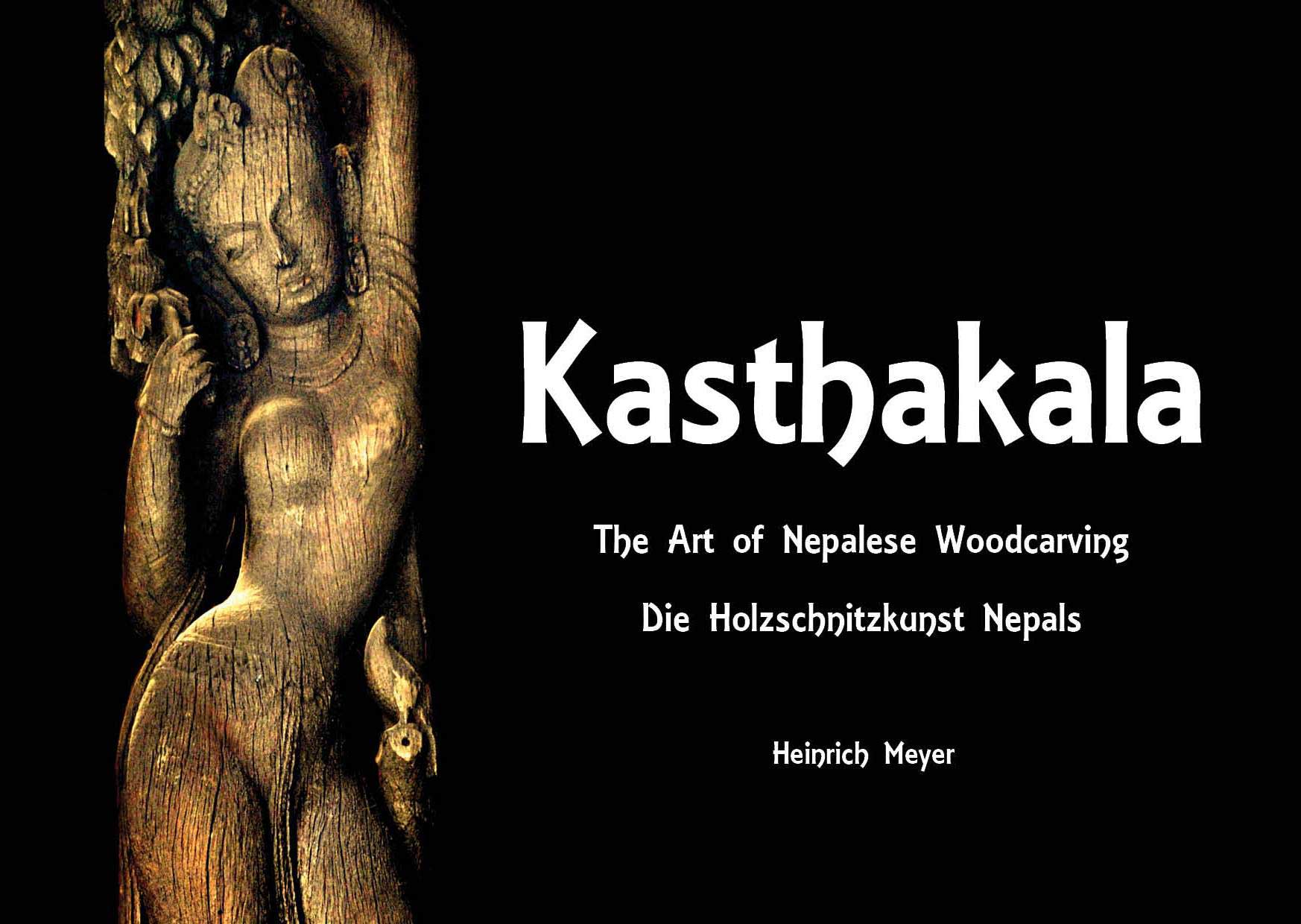
“Traditional mountaineering is the art of not dying.”
Reinhold Messner is one of the most well known Italian mountaineers. But he is more than that, he’s also an explorer and author. He was the first person to climb all fourteen peaks over 8000 meters above sea level. He made the first solo ascent of Mount Everest and the first ascent of Everest without supplemental oxygen along with Peter Habeler. He was also the first to cross the Antarctica and Greenland with neither snowmobiles nor dog sleds. His other accomplishment was crossing the Gobi Desert alone.
Excerpts from a recent interview with Reinhold Messer gives us an insight into his views on the mountains, his life and what Nepal means to him.
You have been in Nepal many times over the last several decades. What is your relationship with Nepal and its people?
I am very thankful that I had the opportunity to climb these mountains in Nepal. In the beginning we came like pioneers approaching new difficult routes. The local people, the Sherpas, were there as cooks and helpers. And now they are overtaking the westerners in mountaineering. The second time, I came here to understand the culture and the customs of the country. I did passes and smaller peaks. Later on I made a foundation for the mountains and the people, especially for Pakistan and Nepal. So, I have been here for three different periods, first as a mountaineer, focusing on the summits, then in the interest of the local culture, focusing on the people and now focusing on the problems of Nepal. But I can see the problems in Nepal are slowly improving. This time I was very happy to see the city much cleaner than two years ago and the airport much more organized. I am focusing on what help I can give to this country where I have met success and which has my love.
How is mountain climbing different now from when you were young?
I think the 70s and 80s were the best time to climb the Himalayas. In the 50s when they were pioneering, the mountaineers did not have the time or the money to come to Nepal more than once in their lives. Except for Hillary! In my generation, we could go every year to the Himalayas. We learned to leave the routes. We built up a lot of experience. I attempted peaks over 8000 meters 31 times. 13 times I failed and 18 times I was successful. I had a great experience overcoming the difficulties.
Afterwards it became a tourist destination. Today you cannot go to Everest and be by yourself, except in winter. I have great respect for everybody who does mountain climbing. But we need to start differentiating between tourists in the big mountains, rock climbing indoors and mountaineering outside.
What is the relationship between mountains and people?
There is a strong feeling between you and the mountains, especially if you are exposed to them. You don't understand how big they are. But you do understand that you are nothing and that the mountain is something. You are lost in time. You are lost in space. And you finally understand what a human being is. We eat and we enjoy ourselves. But we don't know that at this exact moment we are dying. When you’re on a mountain and a snowstorm is coming, you know you may be dying within an hour. And this is the greatest experience there is.
If you were a young man today, what adventures would you seek?
I think that there are still many, many possibilities - in the Himalayas, in the Alps, all over the world. All you need is courage to go where others cannot go. People only look to Everest, to the Seven Summits, the 8000 meter peaks. But they don’t look at the possibilities to make a very profound experience. It's very simple. Go where all the others are not going. The possibilities are endless.
What draws you to mountaineering and adventures - going places where others don't go?
I have changed seven times in my life. At first I was climbing mountains in Europe. I did thousands of ascents there. Then, in Nanga Parbat, in my first 8000m peak, I lost my brother and seven of my toes. My possibilities for rock climbing were over. And I was forced to do something else. So I became a specialist in high altitude because they use these heavy shoes. After doing all the 8000m climbs, I decided I would be only repeating myself. So, I became an adventurer. I crossed Antarctica and many others. I had an accident in the North Pole. A few months later I broke my heel and for a year I was not doing anything. So, then I went all around the world to study and climb the holy mountains. Finishing this, I got the opportunity to become a member of the European parliament. But after 5 years I decided to quit. Then I built my mountain museums. This was my greatest challenge. Six houses that contained everything I had learned about human beings and mountains. After finishing that I gave it to my daughter who runs it now. Then I went into filmmaking and I am still finishing it. Now we are beginning to do a final expedition where we are going around the world and telling young people what traditional mountaineering is.
Having lived such a full life, do you have any regrets?
No.










